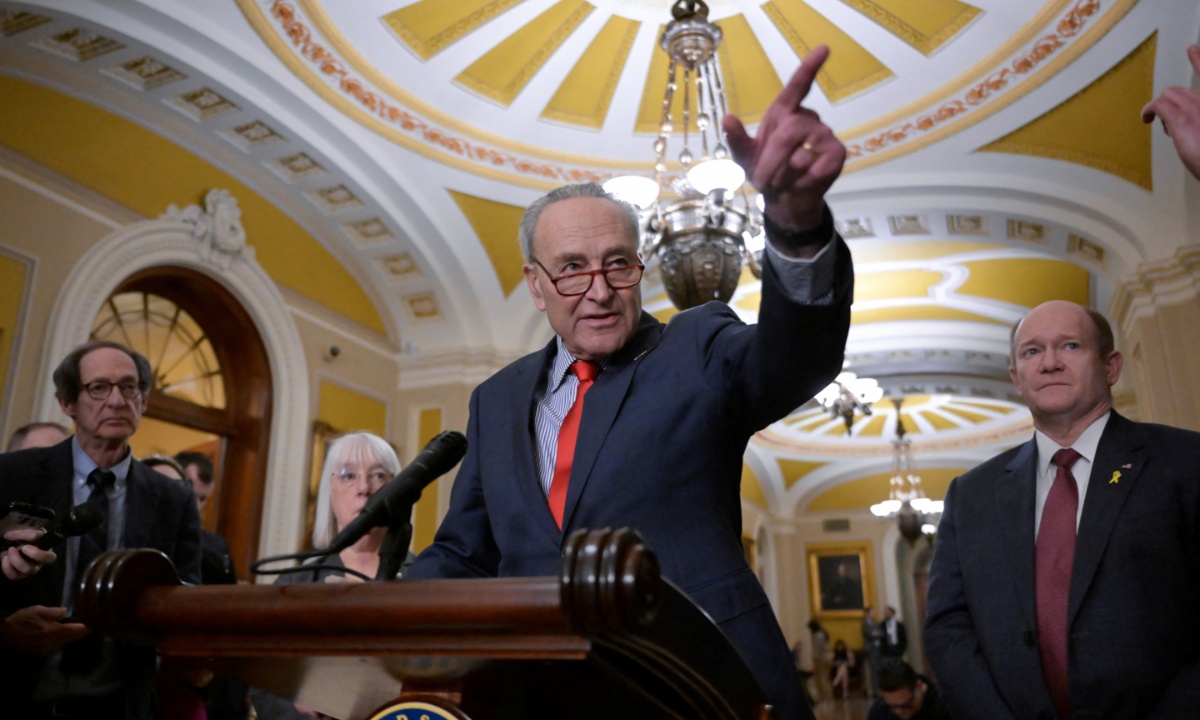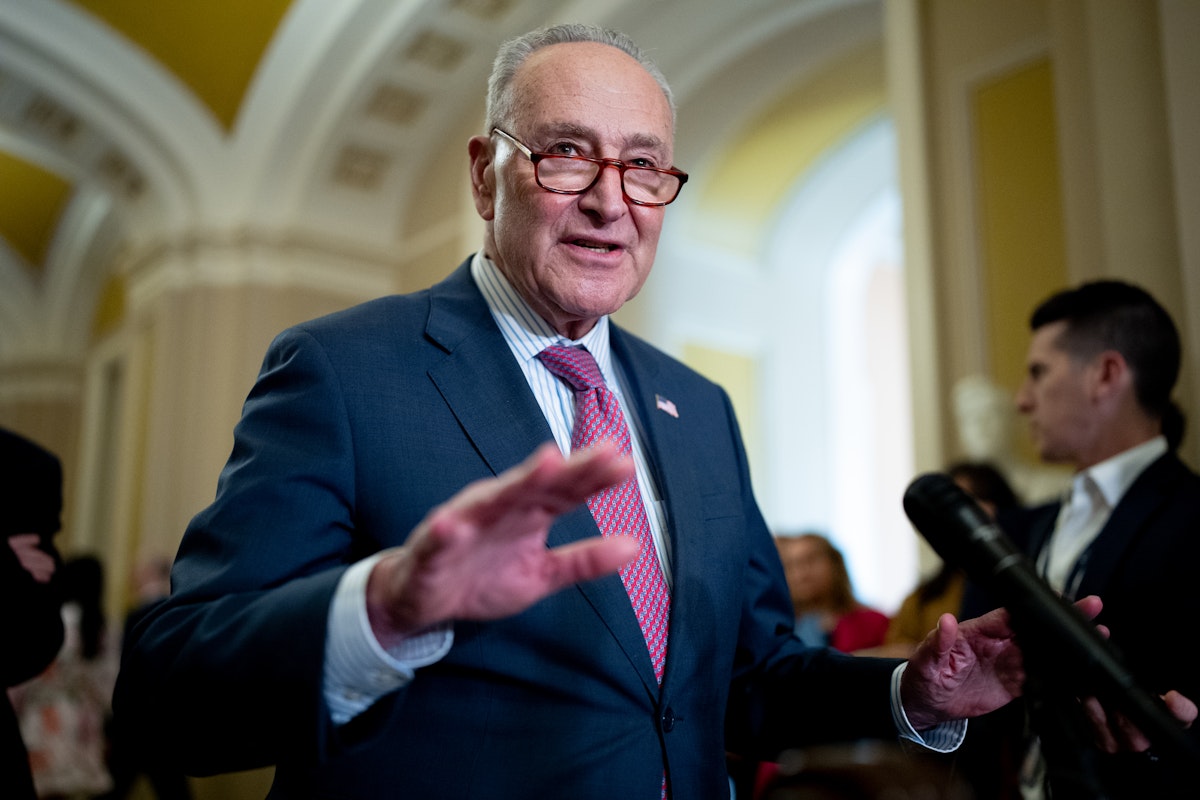Senate Majority Leader Chuck Schumer’s shift from criticizing Benjamin Netanyahu to inviting him to address Congress has raised eyebrows. Just weeks ago, Schumer condemned Netanyahu, accusing him of prioritizing political survival over Israel’s best interests and aligning with the country’s far right. However, Speaker of the House Mike Johnson’s invitation to Netanyahu, awaiting Schumer’s endorsement, lingered untouched. Now, Schumer’s office states he intends to join the invitation, with the timing under negotiation.
Schumer’s reversal follows his March speech where he rebuked Netanyahu, questioning his ability to break the cycle of violence, maintain Israel’s global credibility, and pursue a two-state solution. Despite this, when Johnson announced plans to invite Netanyahu, Schumer appeared more receptive, emphasizing the enduring US-Israel alliance.
The catalyst for Schumer’s pivot might be attributed to the evolving discourse surrounding college protests against Israel’s actions in Gaza. Misguided comparisons to neo-Nazis and Republican grandstanding may have reshaped Schumer’s perspective.

Chuck Schumer (Credits: Reuters)
Critics speculate that external pressures, including backlash from pro-Israel lobbying groups like AIPAC, influenced Schumer’s stance. His speech notably omitted Congress’s historical obstruction of peace efforts between Israel and Palestine, hinting at entrenched dynamics. Schumer’s apparent alignment with inviting Netanyahu suggests a continuation of traditional US support for Israel, despite calls for more decisive action such as ceasing arms sales to Israel.
Schumer’s change of heart underscores the complexity of US-Israel relations and the enduring influence of lobbying groups on congressional decision-making. Despite earlier critiques of Netanyahu, Schumer’s willingness to extend an invitation signals a reaffirmation of the bipartisan US-Israel alliance, even amid ongoing debates over the Israeli-Palestinian conflict and criticism of Israel’s military actions.























